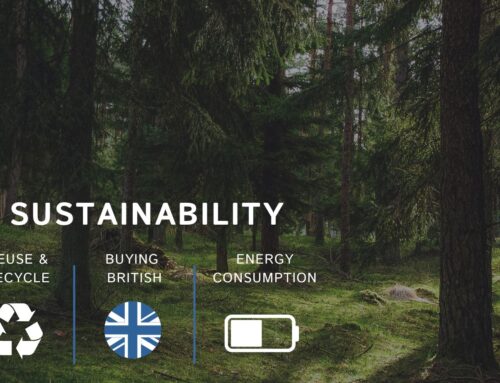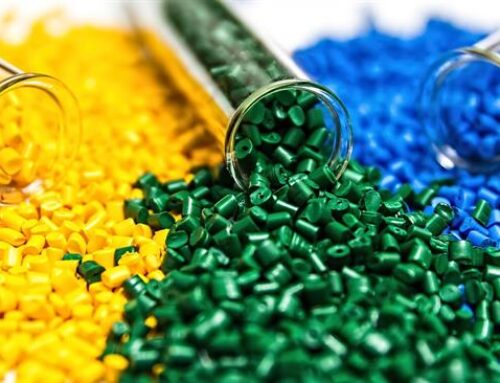Plastic Injection moulding, a pivotal technology in the production of plastic parts, has a rich history in the United Kingdom. Here’s an overview of its development and impact:
The Early Developments of Plastic Injection Moulding
– 1850s: The roots of injection moulding can be traced back to the mid-19th century. In the UK, the industrial revolution was in full swing, creating an environment ripe for innovation in manufacturing processes. Early plastic materials like Parkesine (developed by Alexander Parkes in 1856) were used in simple moulding processes.
The Advent of Injection Moulding
– 1940s: During World War II, the demand for mass-produced components increased significantly. Injection moulding began to gain traction in the UK as it was well-suited for producing large quantities of consistent and precise plastic parts quickly. The war effort accelerated technological advancements, and by the end of the 1940s, injection moulding was becoming more established.
Post-War Expansion
– 1950s-1960s: The post-war economic boom saw a surge in consumer goods production, and injection moulding technology advanced rapidly. In the UK, companies began to invest heavily in injection moulding machines and expertise. This era saw the rise of iconic British plastic products, including toys, household items, and automotive components.
Technological Innovations
– 1970s-1980s: Technological advancements in the UK and globally led to the development of more sophisticated injection moulding machines. Innovations included better temperature control, improved materials, and more precise moulding capabilities. The UK industry began to adopt computer-aided design (CAD) and computer-aided manufacturing (CAM) systems, enhancing the precision and complexity of moulded parts.
The Rise of Automation
– 1990s: The incorporation of automation and robotics into injection moulding processes became prevalent. This period saw a significant increase in productivity and efficiency in UK manufacturing. British companies were able to compete on a global scale, producing high-quality moulded parts for various industries, including automotive, medical, and electronics.
Modern Era
– 2000s-Present: The UK injection moulding industry continues to innovate with advancements in materials, such as biodegradable plastics and composites. The emphasis on sustainability and reducing environmental impact has led to new technologies and processes aimed at recycling and reducing waste. The use of Industry 4.0 technologies, including IoT and big data analytics, has further refined the injection moulding process, making it smarter and more efficient.
Impact and Future Trends
– Economic Impact: Injection moulding has played a significant role in the UK manufacturing sector, contributing to the economy through the production of a wide range of products. The technology has enabled UK manufacturers to maintain a competitive edge in the global market.
– Future Trends: Looking forward, the UK injection moulding industry is likely to focus on further advancements in sustainable materials and processes. Additive manufacturing (3D printing) is also expected to complement traditional injection moulding, offering new possibilities for complex and custom parts.
Conclusion
Plastic Injection moulding has a storied history in the UK, marked by continuous innovation and adaptation. From its early days in the mid-19th century to its current status as a cornerstone of modern manufacturing, injection moulding has significantly influenced the production of plastic parts, shaping industries and everyday life.
Ready to take your plastic injection moulding projects to the next level? Contact us today to discuss your toolmaking needs and unlock the potential of our expertise in plastic injection moulding, rapid prototyping, and product design. Let’s make your vision a reality!
Email: Sales@dudleyassociates.com or Jacob.Taylor@dudleyassociates.com
Tel: 01455 558825
Mob: 07754 857071
Our Socials can also be found below:
LinkedIn: https://www.linkedin.com/company/dudley-associates-ltd/
Instagram: https://www.instagram.com/dudleyassociates
Twitter: Dudley Associates (@DALPlastics) / Twitter
Facebook: https://www.facebook.com/DudleyAsssociates





